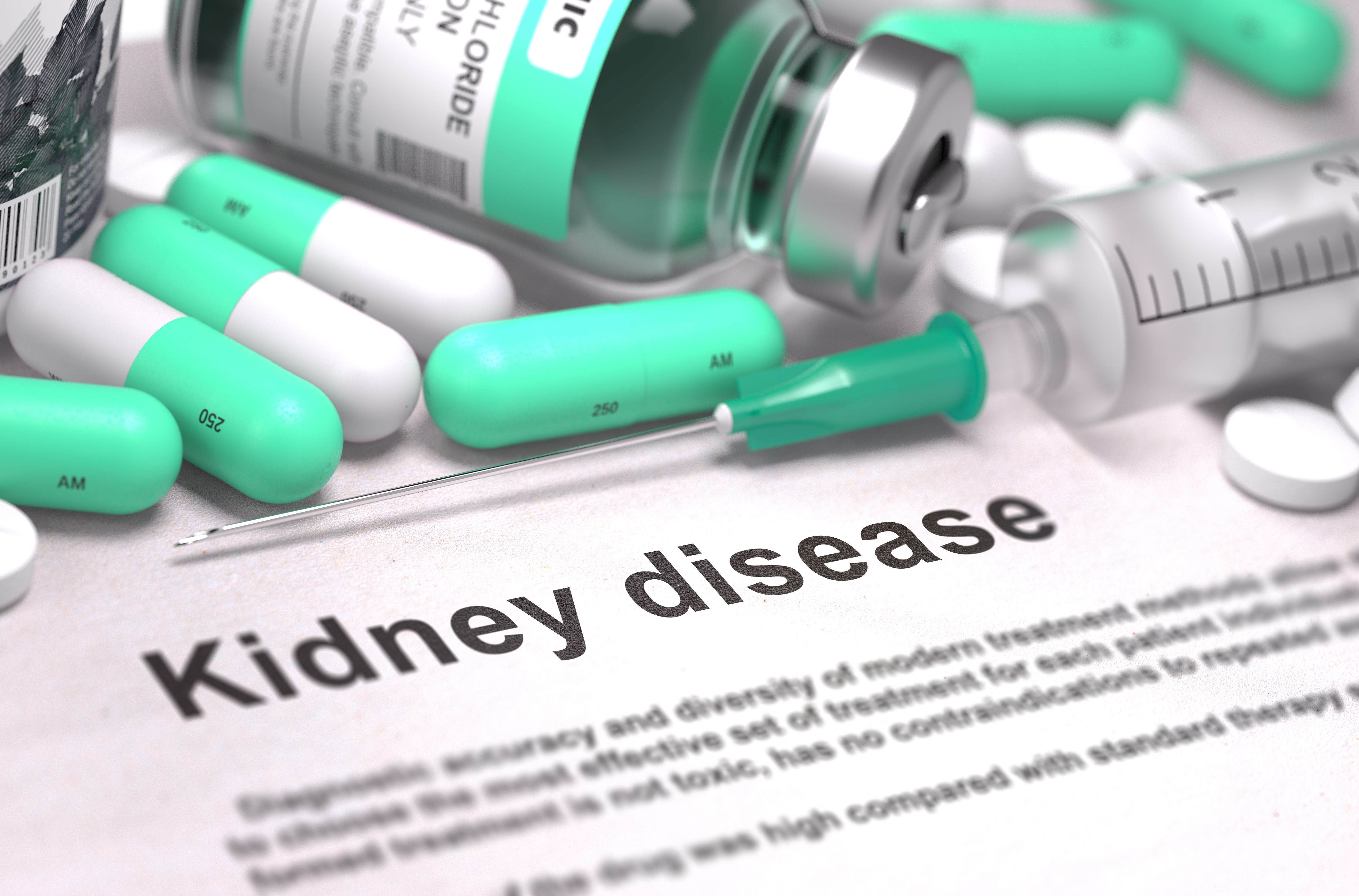Video
Consequences of a Late or Missed Diagnosis of C3G
Author(s):
Anuja Java, MD; Carla M. Nester, MD, MSA, FASN; and Gerald B. Appel, MD, discuss the consequences of a missed or late diagnosis of C3G.
Anuja Java, MD: If we have underdiagnosed these, we've delayed their diagnosis or delayed their treatment, it is ultimately going to lead to a poor outcome. It would depend on how fast the disease is progressing, on what happens and when that happens for a patient. But it is going to happen. For patients who have a more rapidly progressive disease or an acute kidney injury, are they going to end up on dialysis and may need a kidney transplant? For patients where it's a more slowly progressive disease, if you don't treat them on time, don't diagnose them on time, the underlying inflammation, the fibrosis, the scarring is ongoing. And these patients will also eventually lead to end-stage kidney disease. In the process, they'll develop severe hypertension. They might develop a more nephrotic range proteinuria, which is then going to be associated with edema. All the other things that come with nephrotic syndrome. Risk of DVTs, dyslipidemia, they're at risk of cardiovascular complications. Typically, what you would see with NAG and that goes undiagnosed. Particularly, these are patients at risk because like you mentioned, these are rare diseases, and they are at much higher risk of being undiagnosed and delayed treatment.
Jonathan Barratt, PhD, FRCP: And certainly, my practice in the UK, [United Kingdom] we will pick up a fair number of patients who present with quite advanced kidney disease, where we look in their medical history and we see that they were noted to have blood or protein in the urine some years previous and it was not important. Or it wasn't investigated appropriate. And by the time they present, they've got advanced kidney disease, small kidneys, which we can't biopsy. And we end up without a diagnosis. And the only time we find the diagnosis if they get a transplant.
Anuja Java, MD: And then it recurs.
Jonathan Barratt, PhD, FRCP: Carla, you were nodding your head there, and I don't think this is a UK specific problem, but you will undoubtedly see those patients it sounds like as well.
Carla M. Nester, MD, MSA, FASN: Absolutely. In children and adults, we end up seeing patients that have gone untreated. And they're not being identified as quickly as they could perhaps be. Or maybe there wasn't a therapeutic even if they were identified to be able to use for them. And then I'll go back to my comment about the pathology. The late-stage kidney biopsy is completely confounding. It can look like a C3G biopsy when in fact it's a late-stage kidney biopsy. Could be from any number of things. You complicate the patient's life tremendously, adding on to this already rare glomerular disease. But now you are also not even sure that that's what you're dealing with. It makes it very difficult for the patient.
Jonathan Barratt, PhD, FRCP: That's right. And Jerry, this is a challenge, isn't it? We must miss a lot of patients because there hasn’t been the realization of how important something as simple as a urine dipstick is in terms of evaluating a patient. For me, a urine dipstick is part of the physical examination. And should be highlighted as an incredibly important sign of underlying glomerular disease. There are other reasons for it to be abnormal, but how do you approach that? Certainly, in terms in terms of how to stress that importance.
Gerald B. Appel, MD: Every visit to a nephrologist, certainly, and at least your annual visit should include a dipstick of the urine. It's crucial. And it's amazing for the more common disease IgA nephropathy in adults, many people get picked up on the dipstick. But when is it done? It's done during insurance physicals, sports physicals, the army, things pregnancy, it's not done routinely. We don't have a routine system of checking the dipstick and somebody can go to their internist for 4 years in a row and never have a dipstick done. That's very important. And picking up the patients late is a terrible shame because if you take what people are worried about that if I tell my patients, if you don't do this, you could have a heart attack. They roll their eyes. If I tell them, if you don't do this, you're going to end up on dialysis, their eyes open. That's the 2 things that people don't want is a stroke and dialysis. Now, I can tell people I follow about 150 transplant patients. I can tell them I followed people for over 40 years with a kidney transplant and they're doing great. Not people with C3G though, but some people are. But I can't tell them I have people 40 years on dialysis that are doing great. This is something. And the average nephrologist should realize this, that this is what concerns the patients because if you pick them up late, you're already way behind in terms of this. Especially, now that we have newer potential medicines to treat the disease.
Transcript Edited for Clarity




